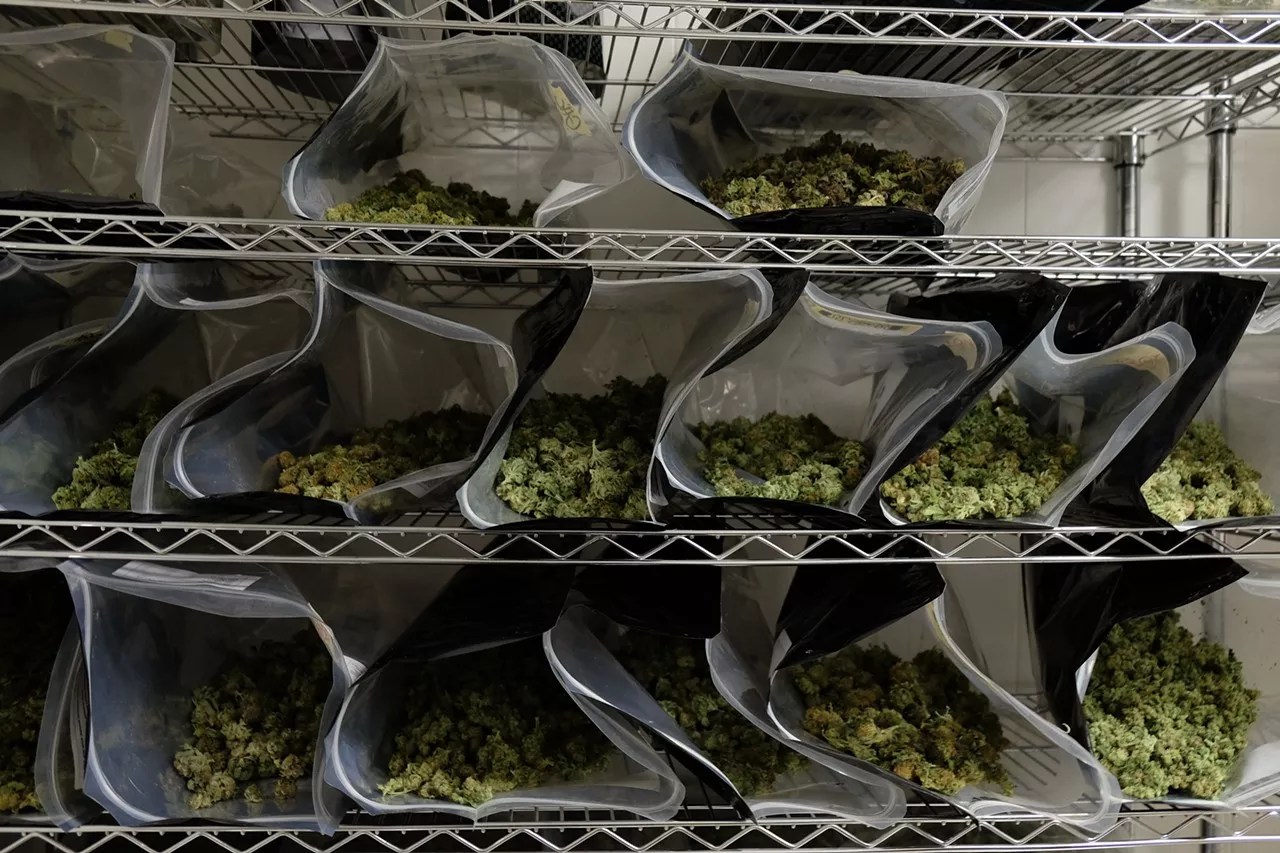
Kate McKee Simmons

Audio By Carbonatix
When the Colorado Marijuana Enforcement Division announced that 69 different batches of marijuana from a Denver dispensary were recalled for a variety of reasons, the amount of product recalled wasn’t the only jarring information.
Much of the recalled pot, flagged over failed microbial tests or skipped testing protocols, had been sold by the Chronic Factory as many as four months before the MED sent out the October 15 notice. The strains were harvested between May and June and sold between June 10 and October 14 of this year, according to the MED.
It’s reasonable to think that a sizable portion of the marijuana sold months and even weeks ago has already been consumed, so why did the MED take so long to send out a notice concerning flagged and untested weed? And how was that weed sold at all, despite not receiving the required stamps of approval from state testing labs?
The MED can’t speak about open investigations, but communications manager Shannon Gray shared some of the department’s procedures for marijuana that fails testing or slips through the testing cracks. According to Gray, it’s actually on the business owner to make sure all testing requirements are met, and the MED enacts recalls upon tips and inspections.
“A common example that leads to untested product reaching consumers is confusion about process validation. If the Division ultimately determines a licensee did not properly achieve process validation or discovers other non-compliance, health, or safety concerns, the licensee may be required to submit samples for testing,” she explains. “It’s important to highlight that all licensees are responsible for ensuring testing requirements are met, and we encourage licensees who are accepting marijuana from other licensees to confirm testing results prior to receipt of the marijuana.”
Chronic Factory co-owner Matt Lopez says a now-fired employee forgot to designate the sixty untested harvest batches for the MED. As for the strains that failed microbial testing, Lopez says those were from samples that had been forgotten in the back of a safe for around four months by a manager, which is how the recalled marijuana was sold as far back as June.
“The whole time we thought we were testing for microbials, we were basically only testing for potency,” Lopez says.
Still, this isn’t the first time the MED has issued a recall for marijuana products that were sold months beforehand. Gray says that the MED has to follow guidelines upon identifying any potentially contaminated weed, and that can take time.
“Often, MED staff need to have additional tests performed on the suspected batches to determine or confirm the presence of contaminants. MED staff also conduct a thorough review to ensure all critical information consumers need to identify whether they are in possession of the affected product is included in the alert to consumers. Throughout this process, the MED coordinates closely with our public health department colleagues,” she says.
And after all that is said and done, it “doesn’t necessarily correspond with the initial date of sale to the consumer,” Gray admits.